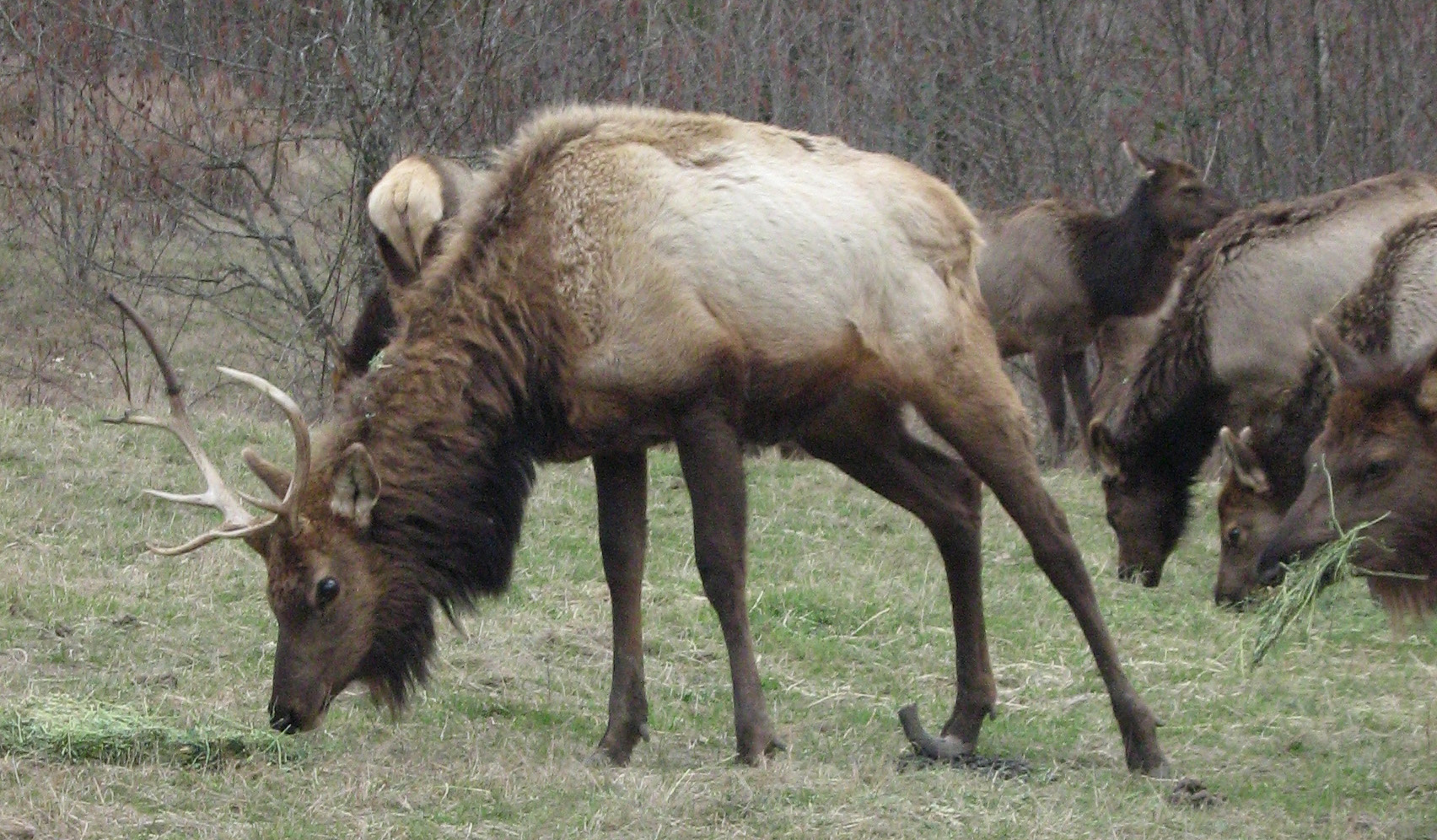The Washington Senate Natural Resources and Parks Committee has approved legislation to make Washington State University the state lead in combatting elk hoof disease, shifting the task away from the Department of Fish and Wildlife.
A substitute version of Senate Bill 5474 was passed out the committee and on to the Senate Ways and Means Committee on Tuesday.
The original bill was much lengthier and would have allowed land owners, licensed hunters and tribal members to euthanize severely limping elk in areas of Washington where hoof disease is present.
Observations of elk with deformed, broken, or missing hooves have increased dramatically in Southwest Washington in the the past decade.
The Cowlitz River valley is the epicenter of observations of ailing elk, but sightings also have been reported by the public in the Willapa Hills, Mount St. Helens, south Olympic Peninsula and in the Skagit River valley, plus northern Oregon.
Tests conducted by scientists in the United States and abroad show these abnormalities are strongly associated with treponeme bacteria, known to cause digital dermatitis in cattle, sheep and goats.
In 2013, the Department of Fish and Wildlife created two advisory groups to help address scientific issues and societal concerns raised by the disease. The Hoof Disease Technical Advisory Group helped to guide the diagnostic effort and members consult with the department on evolving research needs.
The Hoof Disease Public Working Group consults with the agency on management issues and helps to publicize information about the disease. The public working group has not met in more than a year.
The substitute bill designates WSU’s College of Veterinary Medicine as the lead to develop a program to monitor and assess causes of elk hoof disease and identify potential solutions.
Language in the bill states “The college must establish an elk monitoring system in Southwest Washington in order to carry out this mission.’’
WSU officials are directed to work with the Department of Fish and Wildlife, state veterinarian and interested tribes.
A report at least once a year must be provided to the Legislature and Fish and Wildlife Commission.
Bruce Barnes of Vancouver, founder of Mount St. Helens Rescue, said he is not surprised by the committee’s action.
“They don’t have faith in the Department of Fish and Wildlife and want the problem fixed,’’ Barnes said on Wednesday.
The substitute bill also prohibits movement of elk with hoof disease except under protocols established by the Department of Fish and Wildlife.




